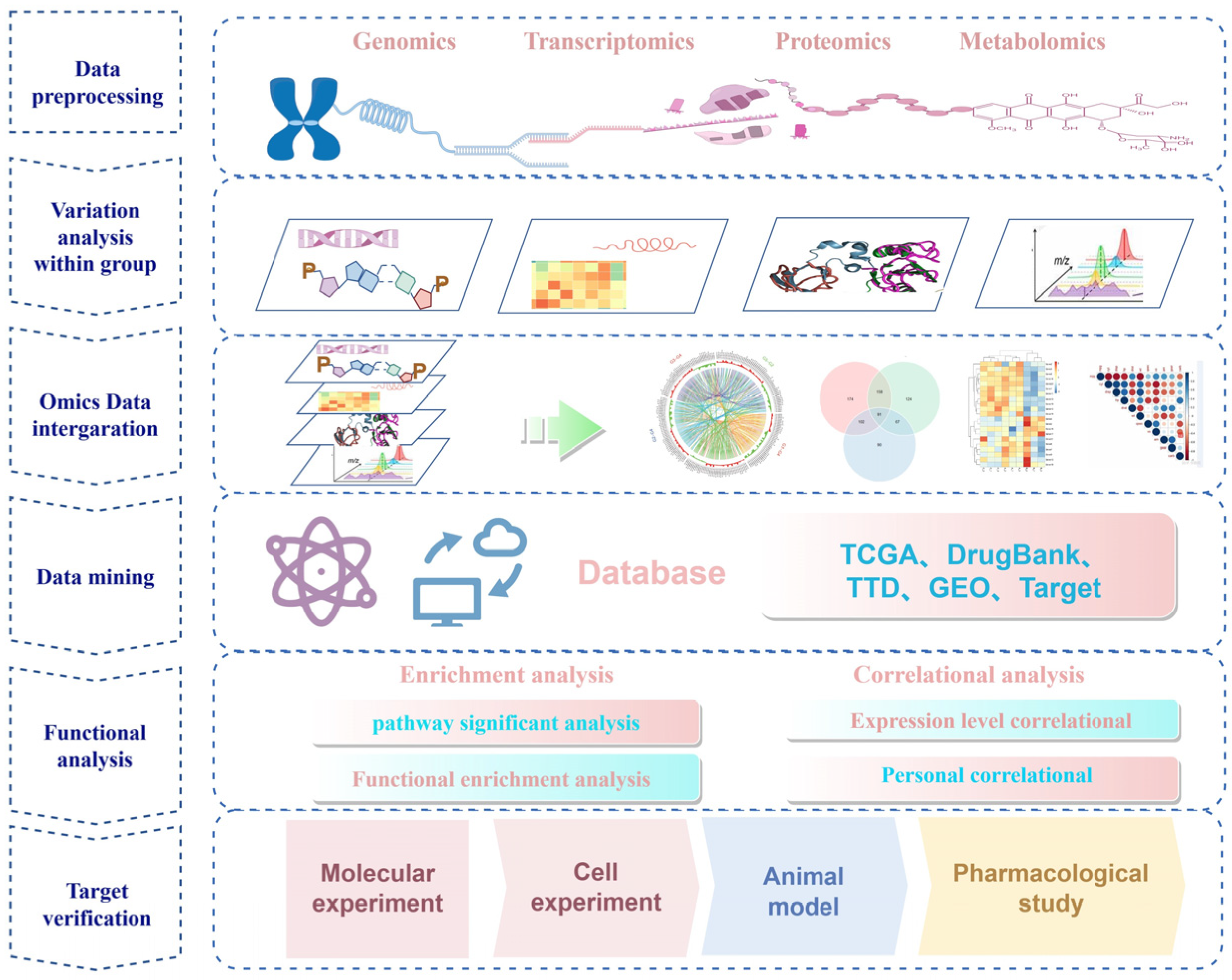Drug Target Analysis Service
Drug target analysis is a technique used to analyze the interaction between drugs and target molecules, aiming to reveal the drug's mechanism of action and its binding characteristics with specific targets. This service combines advanced technologies and bioinformatics tools to systematically identify and assess the affinity, binding sites, and biological effects of drugs and their target molecules. Through in-depth analysis, researchers can understand the drug’s mechanism of action, toxicity characteristics, and its stability and efficacy in different biological environments.
The drug target analysis service is widely used in drug development, preclinical research, precision medicine, and new drug screening. During the drug discovery process, this service provides critical data on target specificity, selectivity, and drug optimization, supporting drug efficacy evaluation and safety testing. Additionally, the service can be used to study drug-protein interactions, advancing the development of personalized treatment plans and providing scientific support for targeted therapies.

Du, P L. et al. Biomolecules, 2024.
Figure 1. Multi-omics Technology Is Applied to Drug-Target Identification Process.
Services at MtoZ Biolabs
Based on advanced diversified technologies and analysis platforms, MtoZ Biolabs introduces the drug target analysis service which provides precise analysis of the interaction between drugs and target molecules. This service utilizes advanced mass spectrometry technology to identify and quantify the binding affinity, binding sites, and dynamic changes of drug-target interactions in biological samples. Clients can obtain qualitative and quantitative data on drug targets, including affinity, binding site characteristics, and drug stability, providing data support for further research. MtoZ Biolabs offers the following services, including but not limited to:
1. Small Molecule Drug Targets Identification Service | ABPP
This service uses Activity-Based Protein Profiling (ABPP) to identify small molecule drug targets. By labeling and analyzing target proteins, it helps identify the interactions between drugs and biomolecules, supporting new drug development and target validation.
2. Cryo-Electron Microscopy Based Service
Using cryo-electron microscopy, this service accurately analyzes the 3D structure of protein-drug complexes. It helps researchers understand how drugs bind to target proteins and provides structural data support for drug design and optimization.
3. HDX Based Protein Conformation Analysis Service
This service uses Hydrogen-Deuterium Exchange (HDX) technology to study conformational changes of proteins before and after drug binding. It helps reveal the binding mechanism between drugs and targets, optimizing the therapeutic effects of the drugs.
4. Molecular Glue Screening Service | PROTAC Service
This service screens molecular glues and PROTACs (proteolysis-targeting chimeras) for target protein degradation studies. It helps identify potential molecular glues and PROTAC drugs, improving therapeutic outcomes and advancing the development of new therapeutic strategies.
Service Advantages
1. Efficient Target Identification
Utilizing multiple advanced technologies, we achieve efficient and accurate identification of target proteins, helping clients quickly discover potential drug targets.
2. High-Quality Data Support
We provide comprehensive data support from target identification to structural analysis, ensuring high-quality and reliable data, establishing a solid experimental foundation for drug development.
3. Fast and Efficient Analytical Workflow
By leveraging high-throughput screening technology and advanced analysis platforms, we optimize experimental workflows, improving the efficiency of target identification and drug analysis, saving time, and accelerating research progress.
4. Customized Analytical Plans
Tailored drug target analysis plans are created based on client needs, ensuring the precise achievement of research objectives and supporting the analysis of different target types.
Applications
1. Drug Discovery and Development
The drug target analysis service assists in the early stages of drug development by quickly identifying potential targets, evaluating the binding affinity and function of drugs with their targets, and providing essential data support for new drug research and development.
2. Drug Mechanism of Action Research
By analyzing the interactions between drugs and target proteins, this service reveals the drug's mechanism of action, helping to optimize drug design and improve efficacy and selectivity.
3. Targeted Drug and Antibody Therapy Research
The drug target analysis service aids in the design of targeted drug or antibody therapies, especially useful in cancer immunotherapy, antimicrobial treatments, and immune escape mechanism research.
4. Protein-Protein Interaction Research
Through the analysis of target protein structures and functions, this service provides valuable data support for studying protein-protein interactions, driving the development of anti-protein interaction drugs.
Related Services
Small Molecule Drug Targets Identification Service | ABPP
Cryo-Electron Microscopy Based Service
How to order?







